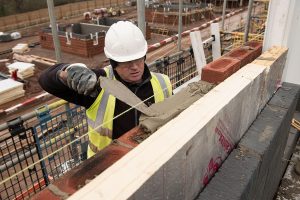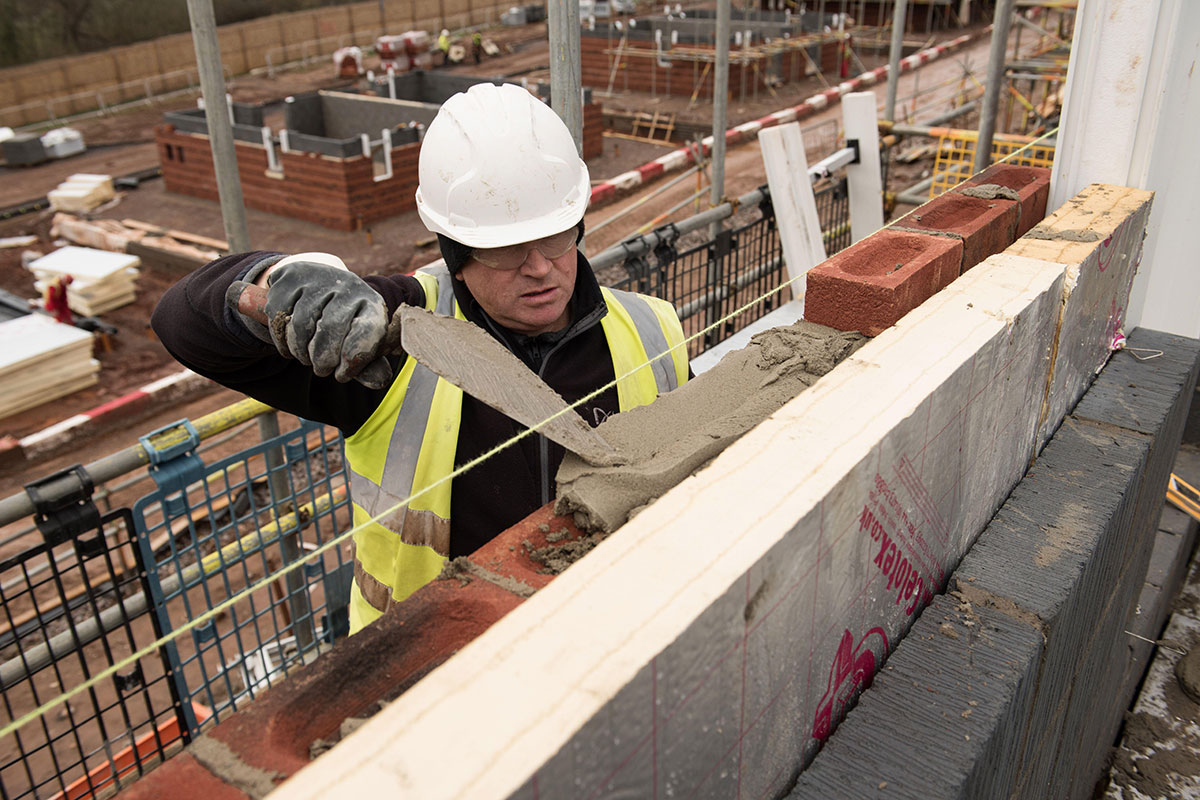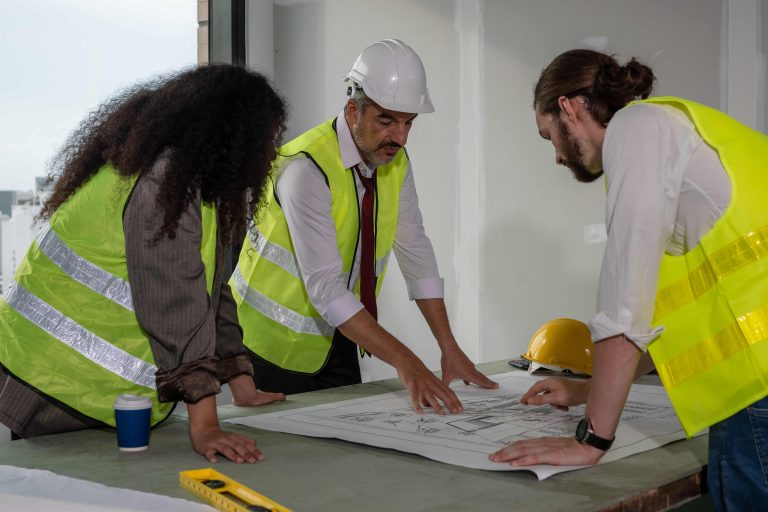Bricklayers, Carpenters, and Labourers Wanted in the UK – Full Training & Visa Support!
The UK construction industry is in urgent need of skilled and entry-level workers. Whether you’re experienced in trades like bricklaying and carpentry or simply looking to enter the workforce as a labourer, opportunities are available now—with full training and visa support provided.
For international applicants and UK-based jobseekers alike, this is a rare chance to access stable employment, professional training, and long-term career prospects in one of the country’s most vital industries. In this article, we’ll explain how you can get started, what qualifications are needed, and how visa sponsorship works for eligible foreign workers.
Why Construction Jobs Are in High Demand Across the UK
The UK is undergoing major housing and infrastructure expansion. With growing populations, urban redevelopment, and post-pandemic economic initiatives, the construction industry is being pushed to meet increasing demand.
At the same time, the country faces a critical labour shortage—particularly in trades like bricklaying, carpentry, and general site labour. As older workers retire and fewer young people pursue construction careers, employers are eager to hire and train new workers, including those from overseas.
Bricklayers, Carpenters, and Labourers: What Do These Roles Involve?
Bricklayers
Bricklayers work on residential and commercial building sites, constructing walls, chimneys, fences, and other structures. It’s a physically demanding but highly rewarding trade that requires accuracy, skill, and patience. With training, bricklayers can move into supervisory roles or become self-employed contractors.
Typical responsibilities:
-
Laying bricks and mortar
-
Following architectural plans
-
Repairing and maintaining existing structures
-
Working with various materials including clay, concrete, and stone
Carpenters
Carpenters are essential to every building project. They handle wood-based construction, including framework, flooring, staircases, doors, and roofing. Skilled carpenters are in short supply, especially in new housing and interior finishing projects.
Typical responsibilities:
-
Measuring and cutting wood and other materials
-
Installing doors, windows, and floors
-
Building frames and formwork
-
Reading and interpreting blueprints
General Labourers
Labourers play a vital support role on construction sites. No formal qualifications are needed to get started, making it an ideal entry point for newcomers to the industry. Labouring roles offer a pathway to more skilled trades after gaining experience.
Typical responsibilities:
-
Loading and unloading materials
-
Site cleaning and maintenance
-
Assisting skilled tradespeople
-
Operating basic tools and machinery
No Experience Needed – Training Provided
Whether you’re a complete beginner or someone with some hands-on experience, employers and training providers across the UK offer comprehensive training programs tailored to each trade.
Entry-Level Programs
You can start with Level 1 or Level 2 Construction Diplomas, which cover:
-
Basic tools and safety procedures
-
Workplace communication
-
Trade-specific skills (bricklaying, carpentry, general construction)
Many programs are offered in partnership with employers, meaning you can transition from the classroom to the worksite with ease. Some training providers offer free courses for qualifying candidates, including unemployed individuals or those on low incomes.
Apprenticeships
Construction apprenticeships in the UK allow you to earn while you learn. Apprentices work full-time with an employer while attending college part-time to complete their trade certification. Apprenticeships typically last 1 to 3 years and result in a recognised NVQ qualification.
Visa Support for Overseas Applicants
If you’re outside the UK but interested in working in the British construction sector, there are real opportunities available thanks to the UK’s Skilled Worker visa program.
Eligible Occupations
The UK Government has included several construction roles on its Shortage Occupation List, making it easier for employers to sponsor overseas candidates. These include:
-
Bricklayers
-
Carpenters and joiners
-
General labourers (for eligible roles)
How Visa Sponsorship Works
-
Secure a Job Offer
You must first receive a job offer from a UK employer who is licensed to sponsor foreign workers. -
Certificate of Sponsorship (CoS)
The employer issues you a Certificate of Sponsorship, confirming your role, salary, and terms. -
Visa Application
With your CoS, you can apply online for a Skilled Worker visa. You’ll need to meet language, health, and financial requirements. -
Relocate and Start Working
Once approved, you’ll receive a visa valid for up to five years, with options for extension and permanent settlement.
Many employers assist with paperwork, relocation support, and even temporary accommodation when you first arrive.
Benefits of Working in Construction in the UK
-
Competitive Salaries
Entry-level labourers can earn from £22,000–£28,000 annually. Skilled bricklayers and carpenters can earn £35,000–£50,000+, with overtime and contract opportunities. -
Permanent Opportunities
Most roles offer long-term stability, with potential to move into supervisory or specialist positions. -
Nationwide Demand
Jobs are available across major UK cities and towns, from London and Manchester to smaller regional areas. -
Health and Safety Standards
The UK has strict safety laws to protect workers. You’ll receive mandatory health and safety training, such as the CSCS card scheme. -
Path to Settlement
After five years on a Skilled Worker visa, many workers become eligible for permanent residency and eventual British citizenship.
Who Can Apply?
This opportunity is ideal for:
-
International workers looking for legal job opportunities in the UK
-
Young people seeking an alternative to university or office jobs
-
Individuals with no prior construction experience
-
Tradespeople from other countries with transferable skills
-
Workers interested in earning while they learn
If you’re willing to work hard and stay committed, there is a clear path to long-term career growth and financial independence.
How to Get Started
-
Identify Your Trade Interest
Decide whether you’re most interested in bricklaying, carpentry, or general labouring. -
Find a Training Provider or Employer
Look for construction companies or training centres offering entry-level programs or apprenticeships. -
Apply for the Program or Role
Submit your CV or application directly. Many providers offer help with CV writing, interview prep, and employer matching. -
Secure Sponsorship if Overseas
If you’re applying from abroad, target employers registered to sponsor Skilled Worker visas. -
Begin Your Career Journey
Once accepted, begin training or work immediately. Build experience, gain qualifications, and grow your income.
Conclusion
The UK is calling for new workers to fill urgent vacancies in the construction industry, particularly for bricklayers, carpenters, and labourers. Whether you’re based in the UK or applying from abroad, now is the perfect time to begin a secure and fulfilling career.
With full training available and visa sponsorship for qualified international applicants, you don’t need years of experience to get started. You simply need determination, a willingness to learn, and the drive to build a better future.
Take your first step toward a rewarding construction career in the UK. Explore job openings, connect with training providers, and find employers ready to support your journey—no experience required.






